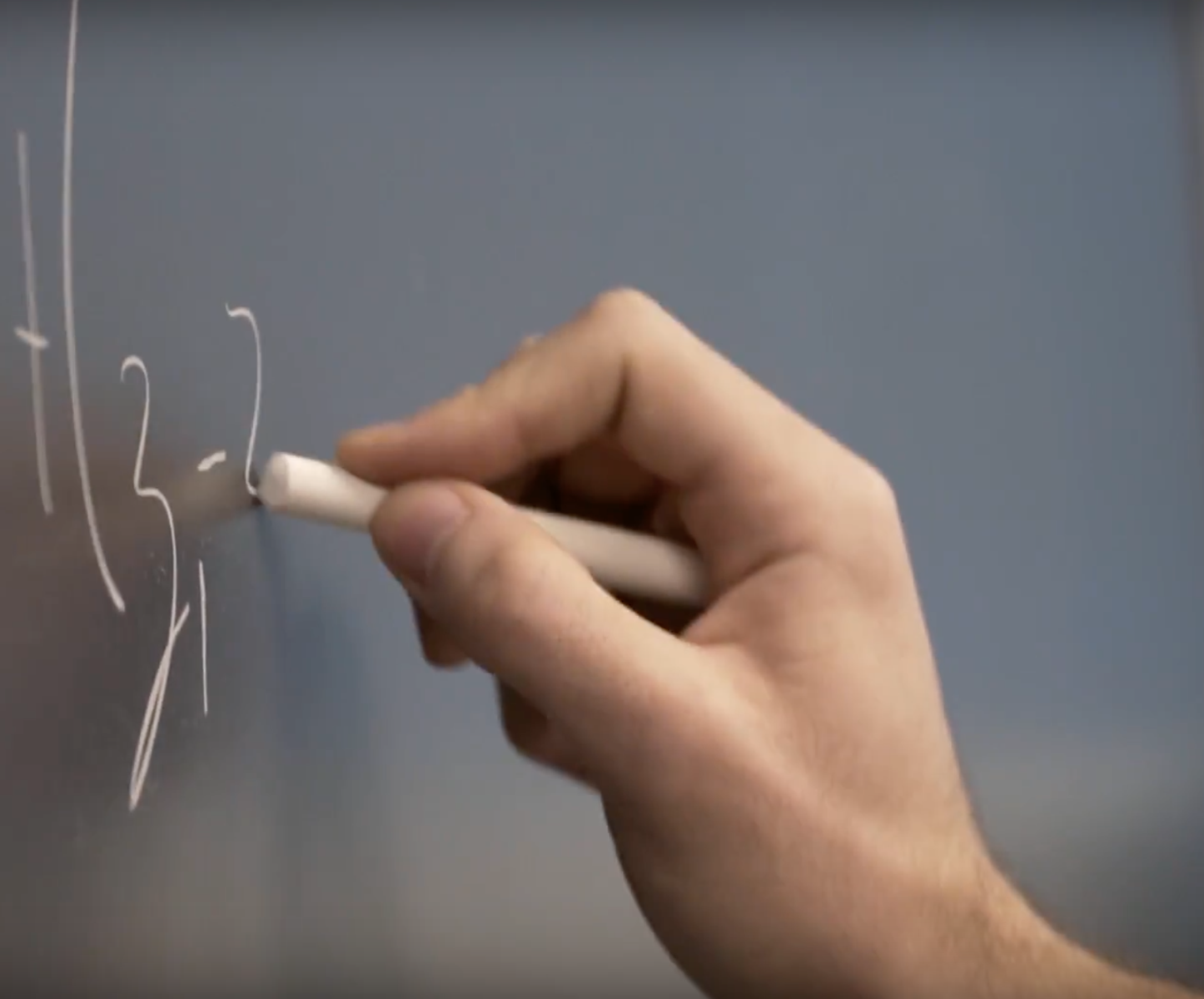Posted on Wednesday, October 25, 2017
 Teachers have the unique ability to make significant impacts in the lives of children every day of their working careers. With over 20 high-need schools in the greater New Castle area, Westminster answered the need for secondary STEM (Science, Technology, Engineering and Math) teachers in these districts by establishing the IQ: STEM Noyce Scholar Program at the College.
Teachers have the unique ability to make significant impacts in the lives of children every day of their working careers. With over 20 high-need schools in the greater New Castle area, Westminster answered the need for secondary STEM (Science, Technology, Engineering and Math) teachers in these districts by establishing the IQ: STEM Noyce Scholar Program at the College.
The focus of the program is for Noyce Scholars to use experiential learning and practicum experiences to improve the quality of secondary (grades 7-12) STEM educators in high-needs areas. Once selected, Noyce Scholars receive $15,000 grants their junior and senior years to use for tuition, room and board and commit to two years of teaching in areas of high need. Students majoring in a STEM discipline with an interest in secondary education are encouraged to apply.
“Those are the areas where you need the most qualified and motivated individuals,” said Dr. Amy Camardese, principal investigator of the grant program. “I cannot think of a better way than to provide our Westminster students who really get an excellent education and teacher preparation to go out and make a difference.”
Noyce Scholars are also granted extra money to attend a conference their junior year and to present on a selected research topic at a conference their senior year. Many Noyce Scholars come out of school loan-free, but the grant money is not necessarily the main attraction of the program.
“The Noyce Program has opened up a whole new world of teaching and learning that I had never seen before,” Noyce Scholar Jacob Stoyer said. “It has inspired a new-found passion for helping others that I had only just scratched the surface of prior to joining.”
A sizable percentage of the nation’s schools are considered high-needs, and they do not just exist in inner-city areas where it is most evident. In fact, local schools such as Hermitage, Mohawk, Slippery Rock and Shenango are considered high-needs based on the percentage of children from families with incomes below the poverty line.
Therefore, the IQ STEM Program has enabled students to realize the need for high-needs teachers and respond in a way that has been more than enthusiastic.
“We keep in touch with those students who have graduated and are now teaching in areas of high need,” Camardese said. “They share with us the strengths, the benefits, low moments, but most of all their joy in teaching the students.”
Noyce Scholars are given the necessary tools to explore a way to make an impact that hits close to home. Their minds are opened to a new way of thinking regardless of whether they entered Westminster with intentions of teaching.
“By getting involved with the Noyce Program I have learned how to build relationships with people who have different life experiences than me,” Stoyer said. “By learning ways to relate to these students, we can help them develop a love for learning that they have not been exposed to before.”
Written by Megan Simpson